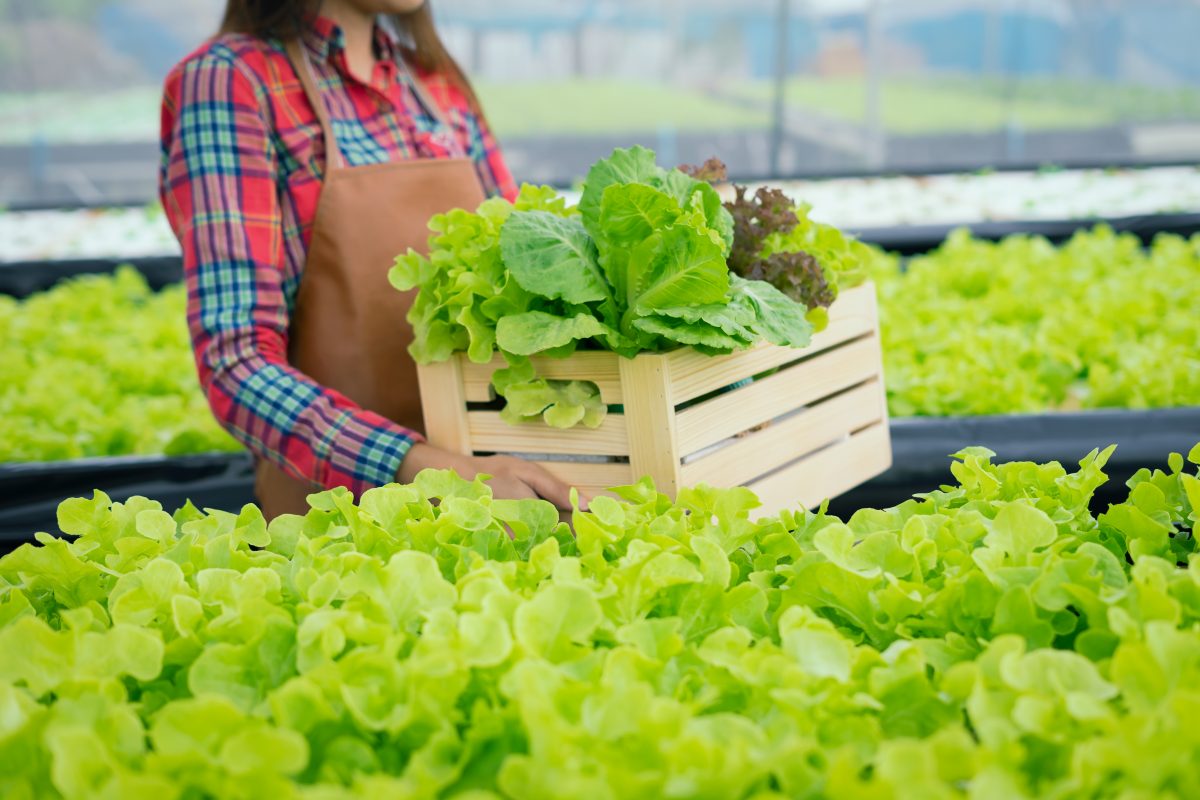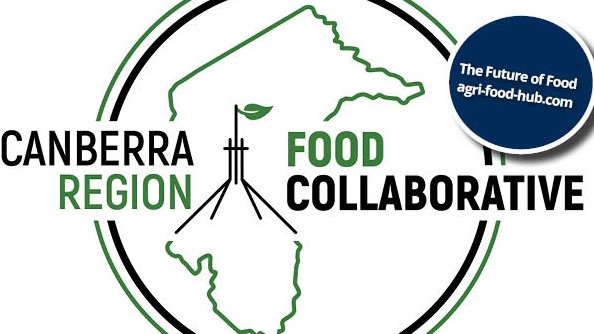‘A sustainable economy requires a sustainable urban food approach that encourages employment, investment, innovation, zero net emissions and food security,’ states Regional Development Australia (RDA) ACT. ‘This is even more important now that the pandemic and adverse climate driven events are impacting our food system and demonstrating the need to take steps to shore-up an inherent fragility.’
To encourage a more sustainable approach to its food systems, RDA ACT has launched the Canberra Region Food Collaborative (CRFC) in August 2021.
The aim of the Food Collaborative is to support local food businesses, farms and social enterprises in delivering fresher, higher-quality food to local consumers with fewer harmful emissions. In the process, the RDA hopes it will help to create more jobs, enhanced tourism opportunities for the region and greater social inclusion.
RDA ACT’s goal is for the Collaborative to become the ‘independent information broker and coordinating body responsible for helping to establish an integrated, sustainable, inclusive food system’ for Canberra and the surrounding region.
The Canberra Region Food Collaborative will operate across a catchment area approximately 230 kilometres equidistant from Canberra’s city centre.
It will include an array of food cooperatives, food sheds and food-industry clusters operating in RDA ACT’s geographic zone. These food-related initiatives form a crucial component of the local food system, supporting all parts of the food chain from grower to end consumer.
It is hoped that the initiative will help to promote local entrepreneurship and jobs, add to the local economy, encourage investment, combat waste, support sustainable food systems and bolster food security in the region.
‘Using profound data and research, we will prove the value of, and deliver, better food to our community’, RDA ACT states. The benefits will be seen in lower emissions; better-quality nutrition; improved liveability; cheaper grocery prices; regenerative practice; more diverse employment opportunities; more tourism; more exports; and helping to address social disadvantage.’

The Canberra Region Food Collaborative aims to foster a sustainable food system for Canberra and its surrounds. Credit: Shutterstock
What does CRFC membership offer?
The CRFC will provide a range of services to members to keep them informed and connected with business opportunities in collaboration, research and knowledge-sharing, skills development and training, funding, investment and innovation. This includes helping member enterprises to access various grants, subsidies and soft loans. Its focus will be on local research, development and services.
The objective is to encourage the region’s food-related initiatives, producers and retailers to shorten their supply chains and integrate sustainability measures (for saving water, regenerating soils and providing renewable energy etc).
More specifically, the CRFC will:
- help the ACT to meet its emission targets and sustainability objectives;
- boost jobs availability across the region’s food supply chain, including in food-related tourism and hospitality;
- diversify Canberra’s economy so it is less dependent on revenue from government-related services; and
- reward excellence in design and development around food systems and the circular economy.
By encouraging food production systems that are locally based, inclusive and ethical, the Collaborative will also provide:
- greater regional food security – by forming a local buffer against food shortages and price hikes;
- beneficial social impacts for the region’s disadvantaged groups, including improved community wellbeing and better health; and
- greater control and a wider range of healthy, sustainable food choices for the Canberra community.
Why does Canberra region need a local food collaborative?
- Currently, Canberra is reliant largely on food grown elsewhere. For example, 95 per cent of the city’s leafy greens are transported to the region from Sydney rather than being grown locally.
- Annually, more than 25,000 people in the ACT lack sufficient sustenance while nearly a third (30%) of the region’s food is wasted.
- Moreover, Canberra-region consumers, like other Australians, rely on a shareholder-driven supermarket duopoly for much of their food.
- Worldwide, traditional farming methods have resulted in large swathes of previously productive land being stripped of vegetation. In comparison, Australian farmers are responsible land stewards, and their efforts should be both recognised and incentivised.
- Transport (including transporting foods and beverages) and retail purchasing are massive sources of harmful greenhouse gas emissions, locally and globally.
- Wellbeing measures typically assume plentiful, accessible, affordable and nutritious food. The COVID-19 pandemic, climate change and other strategic threats have cast doubt on that assumption.
Anticipated economic and social impacts of the CRFC include:
- up to 6,000 new jobs, depending on local food-sourcing targets;
- an employment multiplier of 2.14 – so for each new food job created, two-plus additional jobs will be generated;
- an output multiplier of 1.75 – that is, $1 of investment will yield $1.75 in further output;
- a price/quantity benefit of up to $400m per annum, based on potential import substitution effects; and
- reduced incidence of obesity, lower health-care costs, less welfare dependency and improved mental health.
Further information
Find out more about the Canberra Region Food Collaborative on the CRFC website.


